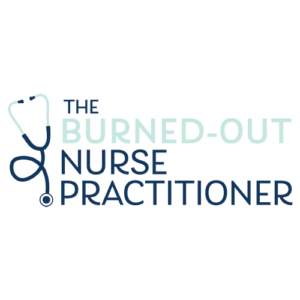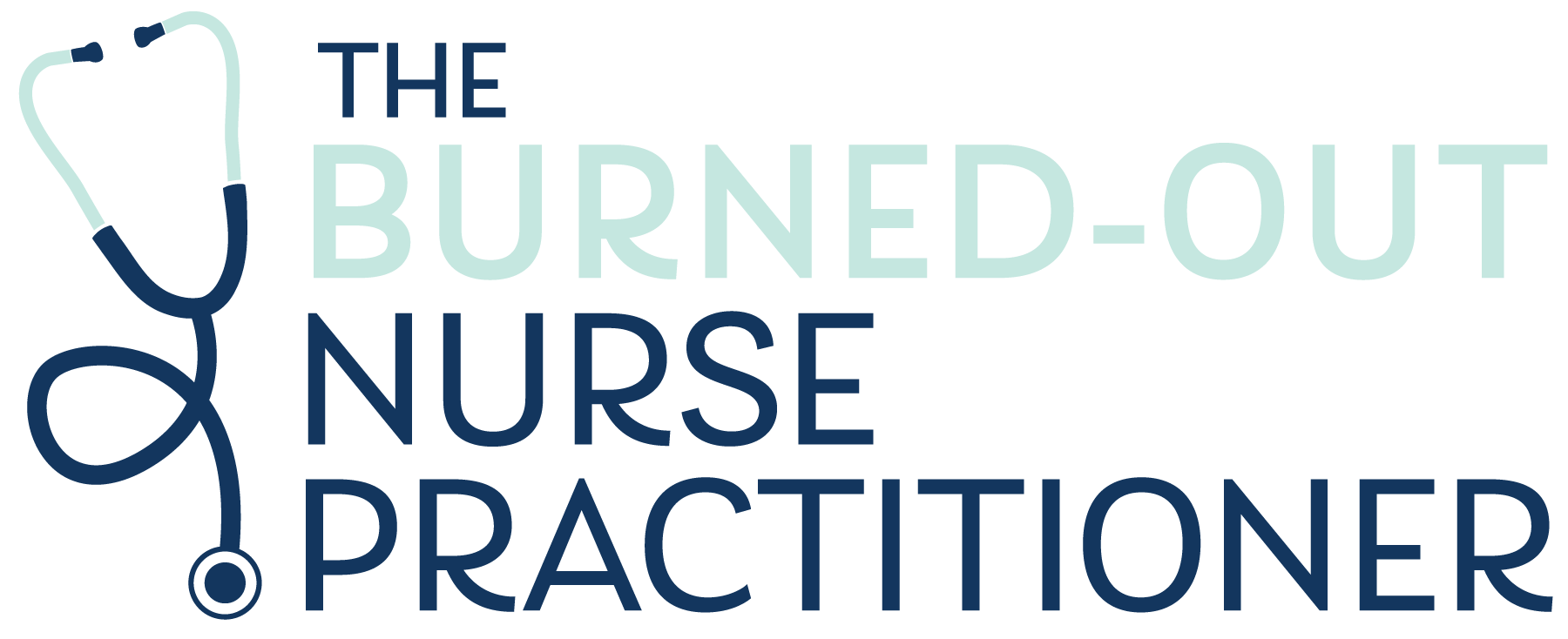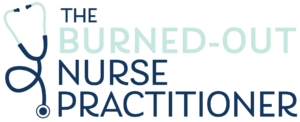***If you are a nurse practitioner with a backlog of open charts, read this blog post!
Do you struggle with writing “the perfect chart note?” You strive to write the perfect note for a multiple of reasons. For starters, you want to sound super smart, using big words and concepts so you don’t look like an incompetent nurse practitioner (hello imposter syndrome!).
You want to make it long enough so you can ensure you are coding properly– no one wants to deal with a Medicare audit…. Not to mention making sure you add the extra information to cover your nurse practitioner a** and avoid a malpractice lawsuit.
The thought of writing the perfect chart note is so overwhelming, you end up procrastinating and avoiding it all together. Therefore, you have dozens (or even hundreds) of open/unsigned chart notes.
Nurse practitioners are prone to perfectionism
Nurse practitioners are prone to perfectionism for multiple reasons. We want to do a perfect job of taking care of our patients. We want to provide safe care using clinical practice guidelines. We make sure we double check and triple check our clinical decisions. We make sure to read over our chart notes and edit multiple times. We are aware that society tries to tell us nurse practitioners are not good enough. We have a fear of not being perfect that freezes us in our tracks.
Don’t get me wrong, we should strive to provide safe, evidence based practice, but sometimes the perfectionism contributes to nurse practitioner burnout.
As a registered nurse, I used to struggle with perfectionism. I would question every clinical decision to the point of driving myself, and my coworkers, crazy. It took me years to learn to manage the thought of not being perfect. I still have perfectionist tendencies at times, but I am no longer debilitated by my thoughts and actions. And I know there are many nurse practitioners out there who struggle with perfectionism.
3 ways to avoid “The Perfect Chart Note”
Read these 3 ways to change your mindset from “The Perfect Chart Note” to staying productive and efficient with your charting.
1. Knowing perfectionism leads to procrastination.
As discussed in the first paragraph, when nurse practitioners are debilitated by the thought of writing a perfect chart note, we tend to procrastinate. Why document a patient encounter when it will never be good enough?
This procrastination keeps us from signing our charts and staying on time in the clinic. We then feel overwhelmed, embarrassed, guilty, frustrated with the amount of open charts, we tend to be less motivated to do the work.
We know its impossible to create the perfect chart note. Therefore, nurse practitioners avoid the painstaking task (signing those notes) and get even more behind. It’s an exhausting, ongoing process.
2. There is no such thing as the perfect chart note.
Realizing that no one (experienced nurse practitioners, physicians, physician associates, etc.) is perfect, is a game changer. We are humans and everyone makes mistakes. There is no such thing as a perfect chart note. If a collaborative physician wants to find something wrong with your chart note, they will. Why? Because healthcare providers have differing opinions.
Same is true for a malpractice lawyer. It is their job to pick apart your chart note, and even your personal character. In the eyes of a lawyer, there is no perfect chart. You have to ask yourself, who’s definition makes a perfect chart? Is this internal pressure you are putting on yourself? Or is this coming from a collaborative physician?
Realizing nurse practitioners are not perfect can help shift your negative mindset and manage the perfectionism.
3. Action leads to results.
Have you ever heard the term analysis paralysis? Analysis paralysis is over analyzing every thought or decision. Many nurse practitioner perfectionists struggle with this overthinking because they want to be sure they create “the perfect chart note.”
One of the easiest ways to avoid analysis paralysis is taking quick action. For example, if you wanted to find the perfect exercise routine to lose weight, you might research a plan for hours. You would figure out which exercise routine would make the greatest impact. Instead of spending hours researching and analyzing, you could have done a workout and already been one step closer to your goal.
If you are a nurse practitioner who struggles with procrastination, a backlog of open charts, or stressing about writing that perfect note, make it a point to work on the perfectionism that is holding you back. You won’t regret that you did!
More info on charting tips for nurse practitioners
For more information on charting efficiently and accurately so you can STOP charting at home, check out
The Time Management and Charting Tips Course.
This online, self-study course was designed for you, the overwhelmed, burned-out, ready to leave healthcare because of charting nurse practitioner.
Also check out The Nurse Practitioner Charting School for more time management and chartings tips to help you get those charts signed! There are also courses covering billing & coding, legal issues with charting, a Comprehensive List of Smart Phrases, and so much more!

For time management and charting tips, check out The Nurse Practitioner Charting School– The one stop for all documentation resources created specifically for nurse practitioners. Learn more at www.npchartingschool.com

**Full disclosure, this blog post may include affiliate links. I do receive a commission if any of the affiliate programs/services/supplies are purchased. This is at no extra cost to you but does allow me to continue to provide content as The Burned-out Nurse Practitioner! Thank you!




